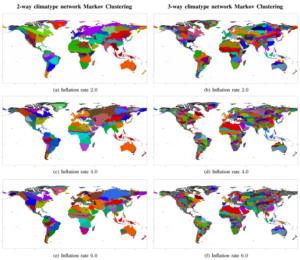
Climatype Markov Clustering
To identify high-resolution climate zones, Markov Clustering (MCL), an unsupervised graph clustering algorithm, is applied to agglomerative 60-year climatype networks with more than 500,000 coordinates around the globe.
Our group focuses on the development and subsequent application of mathematical, statistical and computational methods to biological datasets in order to yield new insights into complex biological systems.
THE LATEST IN covid-19 systems biology research
Our group focuses on the development and subsequent application of mathematical, statistical and computational methods to biological datasets in order to yield new insights into complex biological systems.
Our approaches include the use of Network Theory and Topology Discovery/Clustering, Wavelet Theory, Machine & Deep Learning (among others: iterative Random Forests, Deep Neural Networks, etc.) and Linear Algebra (primarily as applied to large-scale multivariate modeling), together with traditional and more advanced computing architectures, such as MPI parallelization and Apache Spark.

Areas of Statistics of particular interest to our group include the use of both frequentist (parametric and non-parametric) and Bayesian methods as well as the development of new methods for Genome-Wide Association Studies (GWAS) and Phenome-Wide Associations Studies (PheWAS). These mathematical and statistical methods are applied to various population and (meta)multiomics data sets (Genomics, Phylogenomics, Transcriptomics, Proteomics, Metabolomics, Microbiomics, Viriomics, Phytobiomics, Chemiomics, etc.) individually as well as in combination in an attempt to better understand the functional relationships as well as biosynthesis, signaling, transcriptional, translational, degradation and kinetic regulatory networks at play in biological organisms and communities.

To identify high-resolution climate zones, Markov Clustering (MCL), an unsupervised graph clustering algorithm, is applied to agglomerative 60-year climatype networks with more than 500,000 coordinates around the globe.
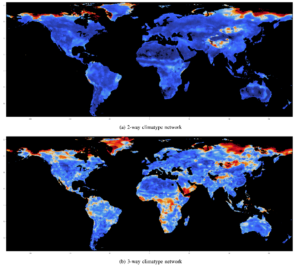
To identify areas around the globe undergoing rapid environmental change, Correlation of Correlations (Cor-Cor), a novel strategy to measure changes in each geolocation’s relationship to all other locations,
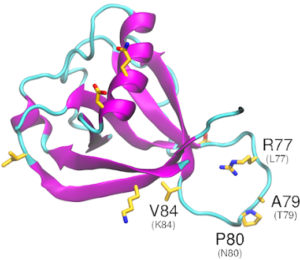
Download In vitro analyses have found that SARS-COV-1 nsp1 may disrupt the host interferon defense response, by potentially affecting the
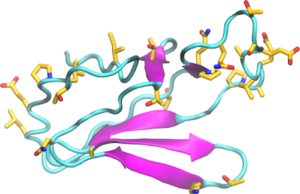
Download The specific role of nsp2 has not been established; it may be that nsp2 assists other viral proteins in
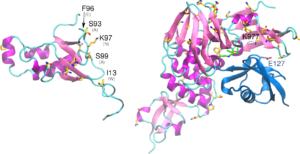
Download The nonstructural protein 3 (nsp3) acts as a phosphatase and its catalytic domain is conserved, sharing homology with yeast,